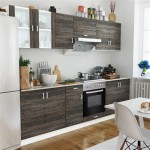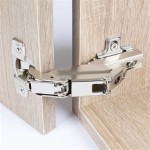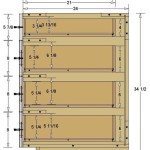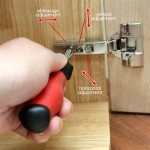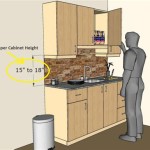Essential Aspects of Strip Lights for Kitchen Cupboards
Incorporating strip lights into kitchen cupboards has become a popular trend, transforming kitchens into more functional and visually appealing spaces. By providing additional illumination to dark corners and cramped areas, strip lights enhance the overall functionality of the kitchen while also creating a warm and inviting ambiance. Here are some essential aspects to consider when selecting and installing strip lights for kitchen cupboards:
Brightness and Color Temperature: The brightness of the strip lights, measured in lumens, determines how well they illuminate the space. For kitchen cupboards, a brightness of 250-500 lumens is generally sufficient. Color temperature, expressed in Kelvins (K), refers to the warmth or coolness of the light. Warmer tones (2700-3000K) create a cozy atmosphere, while cooler tones (4000-5000K) provide brighter, more functional lighting.
Types of Strip Lights: LED strip lights are the most common type for kitchen cupboards due to their energy efficiency, long lifespan, and compact size. They come in various styles, including flexible strips, rigid bars, and puck lights. Flexible strips offer more versatility in terms of placement, while rigid bars provide a more streamlined appearance. Puck lights are ideal for accent lighting under shelves or inside drawers.
Installation: The installation process of strip lights for kitchen cupboards is relatively straightforward. Most LED strip lights come with adhesive backing, allowing for easy attachment to the underside of cabinets. Some strips have built-in clips or mounting brackets for more secure installation. It's important to measure and plan the placement of the strips carefully to ensure optimal lighting distribution.
Power Supply: Strip lights require a power source, typically a 12V or 24V transformer. The transformer converts the standard household voltage (110V or 220V) into the lower voltage required by the strip lights. The transformer should have an appropriate wattage to power the total length of the strip lights being used.
Control and Dimming: Many strip lights are equipped with built-in dimmers or remote controls, allowing for adjustments in brightness and color temperature. This feature provides flexibility in creating different lighting effects and moods in the kitchen.
Additional Considerations: Other factors to consider include the overall design of the kitchen, the style and color of the cupboards, and the presence of existing lighting fixtures. Strip lights should complement the kitchen's aesthetics and enhance its functionality without overwhelming the space.
In conclusion, strip lights for kitchen cupboards offer a practical and stylish solution to illuminate dark areas, improve visibility, and create a more inviting atmosphere. By considering the brightness, color temperature, type of strip lights, installation process, power supply, control options, and additional considerations, you can choose and install strip lights that perfectly complement your kitchen's needs and design.

How To Choose And Install Led Strip Lights For Kitchen Cabinets

How To Choose And Install Led Strip Lights For Kitchen Cabinets

Strip Lighting Vs Puck Which Is Better For Undercabinet

The Ultimate Guide To Choosing Best Led Strip Lights For Your Home Simple Lighting Blog

Led Strip Lights Overview Astrum Lighting And Design

Decorate The Kitchen With Under Cabinet Led Strip Lighting Govee

Kitchen Cabinet With Under Strip Light Interior Design Modern Decor
Led Under Cabinet Lighting Projects How To Use Strip Lights

Kitchen Cabinet Lighting Using Warm White Led Strip Lights

Kitchen Lighting 5 Ideas That Use Led Strip Lights Flexfire Leds Blog
Related Posts

